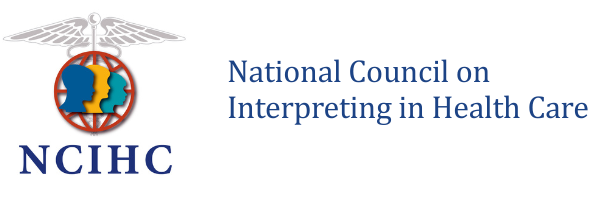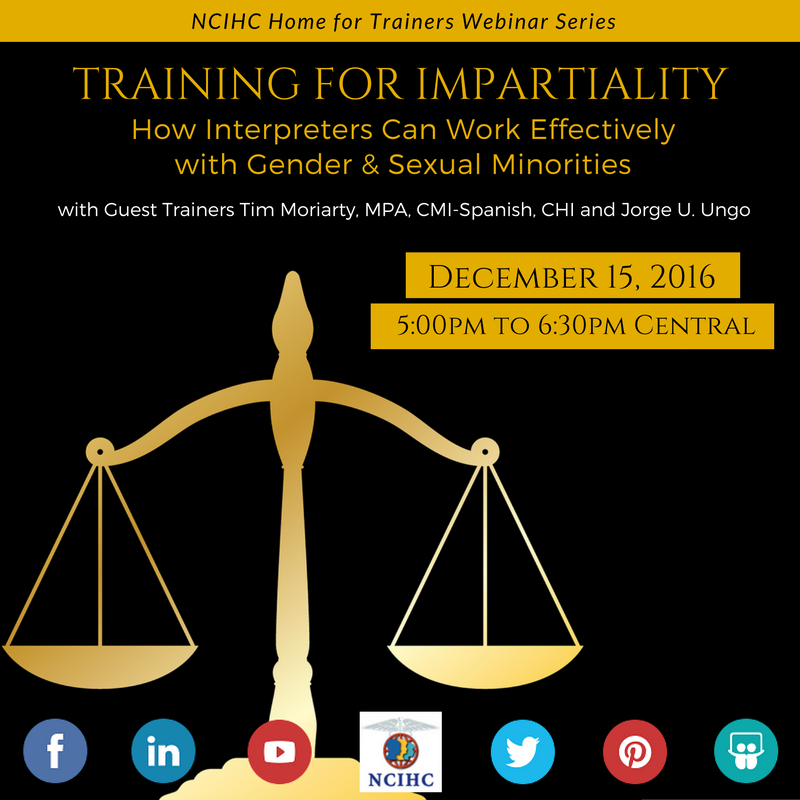Training for Impartiality: How Interpreters Can Work Effectively with Gender & Sexual Minorities
One of the national standards of practice for healthcare interpreters that is often misunderstood is impartiality. It’s important for students as well as experienced interpreters to understand that at times they will be requested to interpret in situations about which they may have internal conflicts. Claiming a conflict of interest in these cases is not the ideal solution, as it might decrease language access. One area in which many interpreters have very limited knowledge and experience but may have very strong personal feelings is patients who identify as lesbian, gay, bisexual, transgender, intersex, asexual, or those who consider themselves queer. These sessions are more challenging than they need to be if interpreters do not evaluate their own biases with regard to LGBTQIA people and do not have the appropriate knowledge and vocabulary to impartially assist this unique group of patients. Additionally, LGBTQIA individuals face significant barriers in accessing health care that are heightened when that person is also limited English proficient (LEP). This training will provide trainers a framework for incorporating LGBTQIA issues in interpreting training, including respectful vocabulary that will allow patients and their family members to feel comfortable in opening up to their healthcare provider, regardless of the situation.
Learning objectives:
- Trainers will be able to assess their own familiarity and comfort with interpreting encounters involving individuals who identify as LGBTQIA.
- Trainers will be able to identify at least 3 risk factors that contribute to LGBTQIA health disparities.
- Trainers will be able to access online tools to incorporate more LGBTQIA topics into interpreter training programs.
About the presenters:

Tim Moriarty, MPA, CMI-Spanish, CHITM is manager of Interpreter & Translation Services for Baystate Medical Center, and is responsible for interpreter services throughout the Baystate Health System in Western Massachusetts. His department consists of 50 staff interpreters who speak English and 11 different languages. Tim has been on the Baystate Health Diversity Council since its inception several years ago, and until recently was chair of Baystate Pride, Baystate Health’s employee resource group for LGBTQ employees and friends and families.

Jorge U. Ungo has been a well-known figure in the language services industry for almost 15 years. The 2015 recipient of the Texas Star in Language Access Award, Jorge has served the industry as President of the Texas Association of Healthcare Interpreters and Translators (TAHIT), a Board Member and Social Media Administrator for the National Council on Interpreting in Healthcare (NCIHC) and now, a Commissioner for the Certification Commission for Healthcare Interpreters (CCHI). Born in El Salvador and raised in a bilingual, bicultural family in Texas, Jorge has made it his mission to advocate for the rights of marginalized people.
|





